Swiss-Qatar relations in the shadow of the World Cup
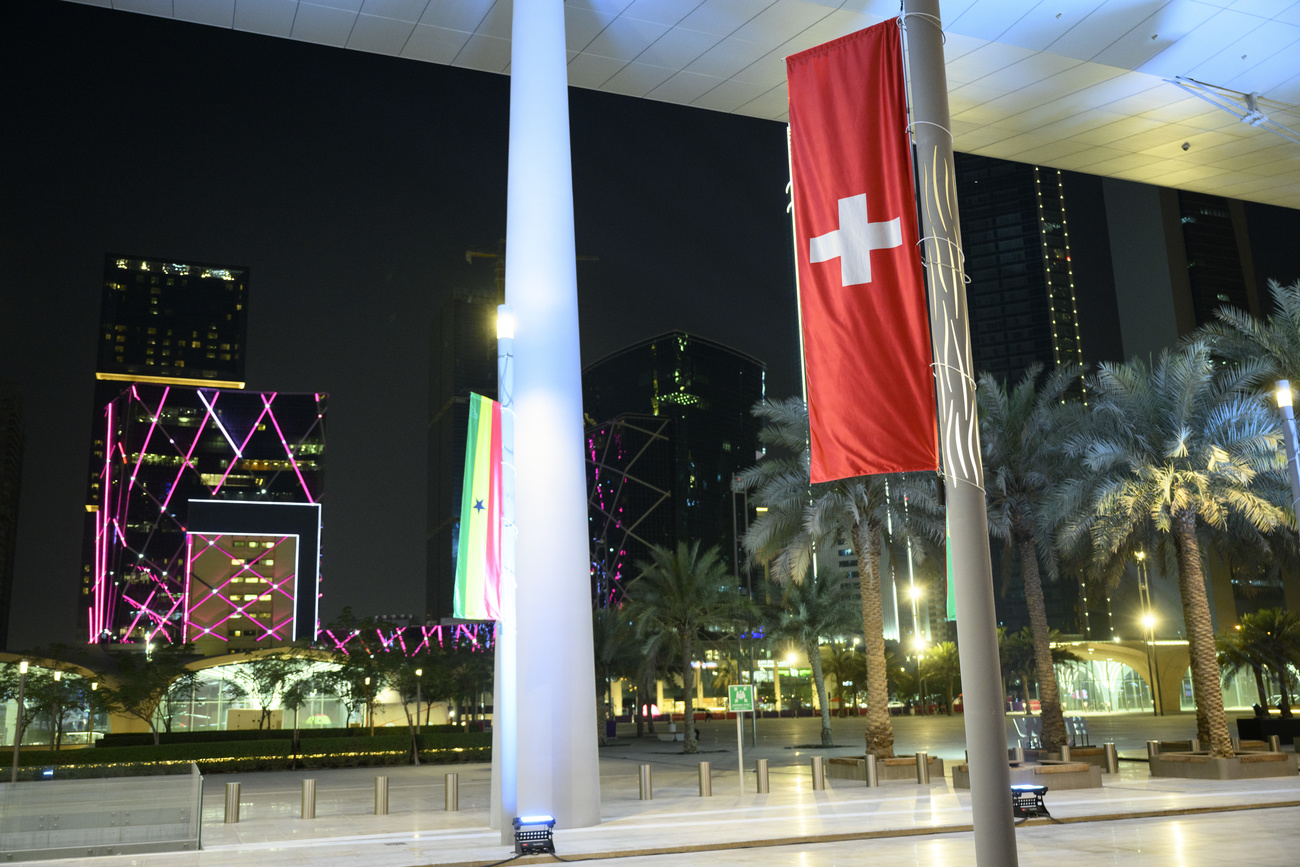
International criticism of Qatar’s human rights record may be casting a cloud over the 2022 World Cup, but it has done little to deter the Swiss business and political elite from the glint of Qatari purchasing power.
If those who walk the halls of power in Switzerland are feeling any unease about the controversy surrounding the upcoming football tournament, they are mostly keeping it behind closed doors. Dialogue and supporting reforms in Qatar, the government has suggestedExternal link, are in principle more effective than snubbing the World Cup hosts. Boycotting the event is therefore out of the question.
Publicly, Swiss leaders may tow a careful line on the subject of human rights, but they make no secret of their desire to strike lucrative business deals with the energy-rich state or get a share of its liquefied natural gas. Finance Minister Ueli Maurer, a frequent visitor to Qatar who is stepping down at the end of the year, will make a final official trip there to talk shop with his counterpart, Ali bin Ahmed Al Kuwari – and catch the Switzerland-Brazil match on November 28.
Qatar and Switzerland will celebrate 50 years of diplomatic ties in 2023. Culturally, the two are worlds apart, but both are small countries that play an outsized role in international politics and business, according toExternal link the Swiss ambassador in Doha, Edgar Dörig.
Dörig has called relations between the two countries “excellent”.
What are Switzerland’s economic interests in Qatar?
With a trade volume totallingExternal link CHF708 million ($715 million) in 2021, Qatar is only Switzerland’s fifth most important trade partner in the Middle East (the United Arab Emirates tops the list). Watches and jewellery, precious metals and pharmaceuticals accounted for most exports to the emirate. In 2021 trade was down a whopping 52% compared to 2020.
These figures, however, don’t tell the whole story. Qatar, which has been accused by its Gulf neighbours of financing extremist groups, has become the top customer of Swiss war materiel. In 2021 it bought Swiss air-defence systems worth nearly CHF210 million for the purpose of security at World Cup stadiums. This autumn Bern also approved the sale of 6,000 rounds of ammunition to Qatar for the Eurofighter, the European combat jet, for an undisclosed sum.
In a sign of the importance it attaches to Doha, the Swiss Business Hub, which offers help to Swiss companies looking to establish a presence in foreign markets, has its Middle East office in the Qatari capital. Some 30 Swiss firms in Qatar employ around 1,000 people in the country.
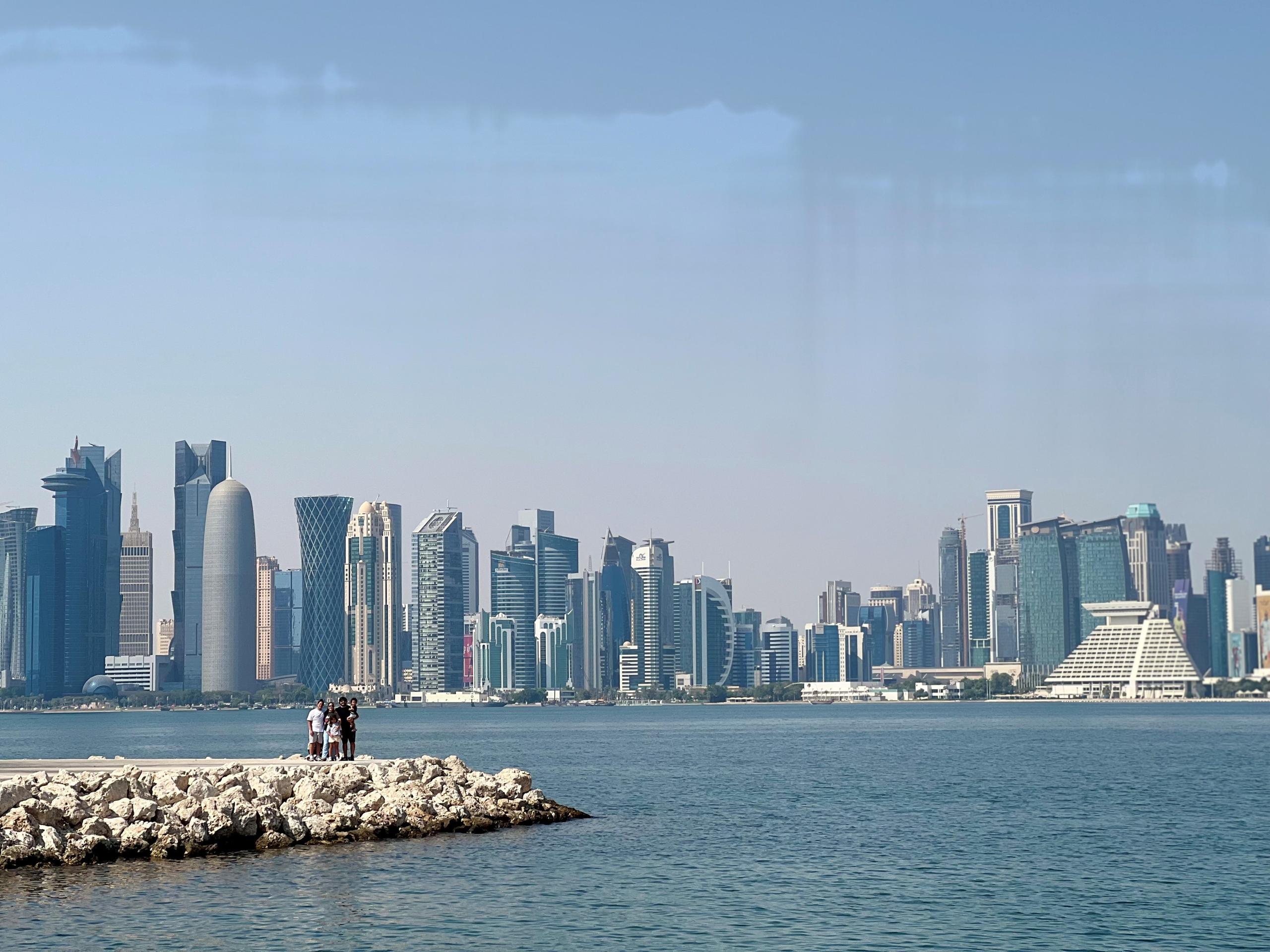
More
‘Is Qatar ready for the whole world? I don’t think so’
But there is appetite for more. At the first meeting of a forum called the Swiss-Qatar Mixed Commission in September, Maurer sat down in Zurich with Al Kuwari to talk economic opportunities, the business federation economiesuisse reportsExternal link. In the midst of an energy crisis and the war in Ukraine, the purchase of liquefied natural gas from the world’s biggest exporter was a major topic, with the Qataris reportedly open to supplying the Swiss market.
Back in Qatar, Swiss banks are also in full expansion mode. UBS announced plans earlier this year to establish a services hub. Credit Suisse, meanwhile, said it would open a new tech centre in partnership with the Investment Promotion Agency Qatar.
Other sectors too want to further capitalise on purchasing power in the emirate. Swiss hospitals and hotels are looking for partnerships in Qatar, Dörig reportedly told delegates at a hospitality event in July. In addition to boosting medical tourism in Switzerland, the goal for Swiss clinics is to continue to treat rich Qatari patients who return home after treatment in the Alpine country.
What are Qatar’s interests in Switzerland?
Just over a decade ago, the Qatari sovereign wealth fund, the Qatar Investment Authority (QIA), began a shopping spree in the Alpine nation that included scooping up luxury hotels like the Schweizerhof in Bern and the Bürgenstock Resort on Lake Lucerne, for investments totalling close to CHF1 billion. At the height of the financial crisis, it helped shore up Credit Suisse by buying convertible bonds and taking a 5% share in the bank.
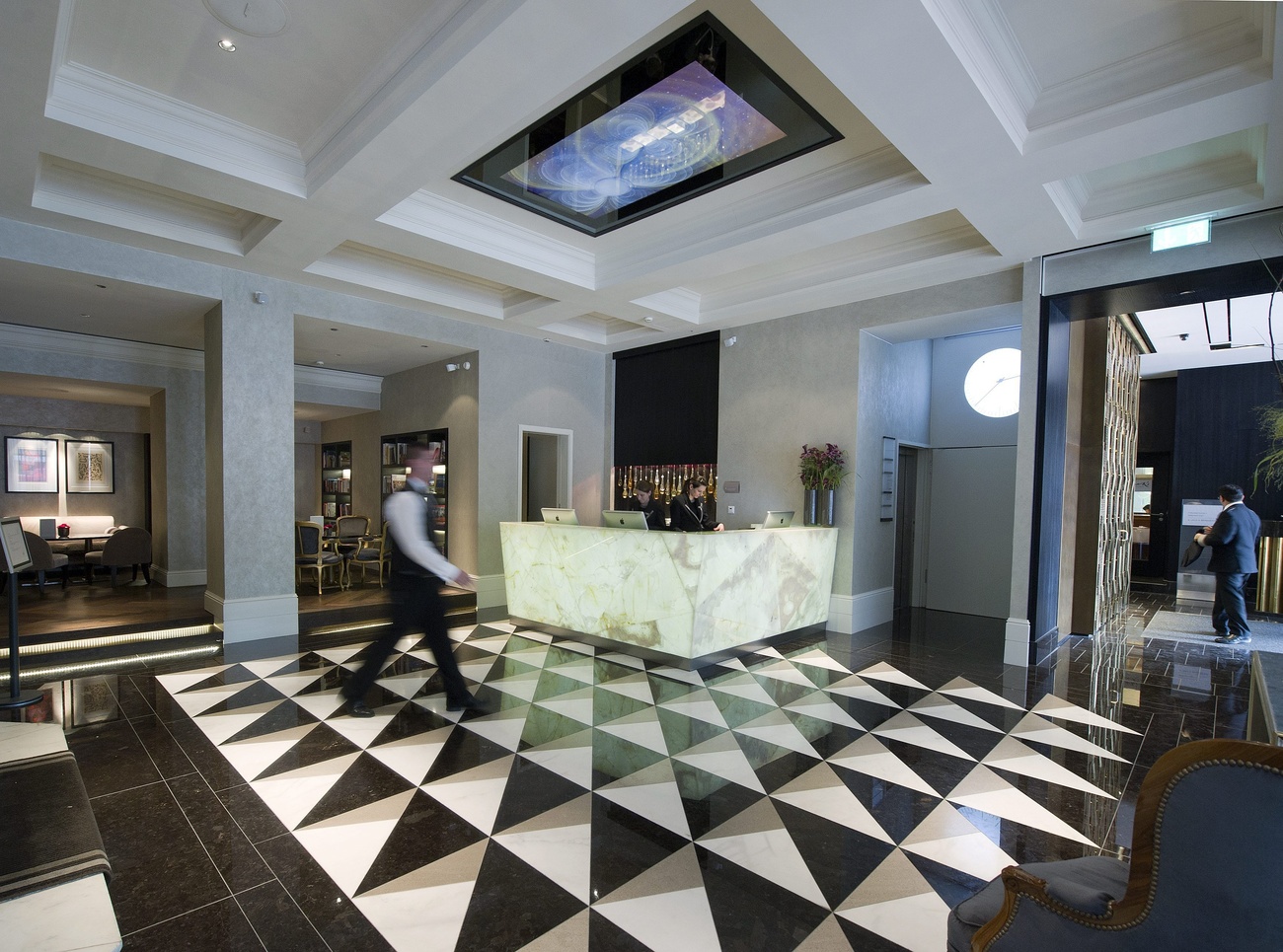
Now the QIA is expected to increase its stake in the ailing bank, which has just announced job cuts and restructuring amid successive quarterly losses.
Another organisation with falling fortunes, the Geneva International Motor Show, inked a deal with Qatar Tourism to bring the popular event to Doha. After cancelling its annual show in Geneva three years running because of the global pandemic, in 2023 the motor show will take place exclusively in the Qatari city.
But Qatari interests in Switzerland are not limited to business. According to a 2019 book by two French journalists, the emirate has financed mosques and Islamic centres in Switzerland and other European countries to the tune of CHF80 million through a network of connections close to the Muslim Brotherhood.
Switzerland has also been the location of other potentially dodgy activities. In one investigation, public television SRF reported that Qatar hired former CIA operatives to spy on FIFA officials in Switzerland, all in a bid to prevent Qatar from losing a World Cup bid mired in accusations of corruption. SWI swissinfo.ch has also reported on Qatar’s efforts in recent years to conduct diplomacy from Geneva to mould its image as a champion of transparency in sports.
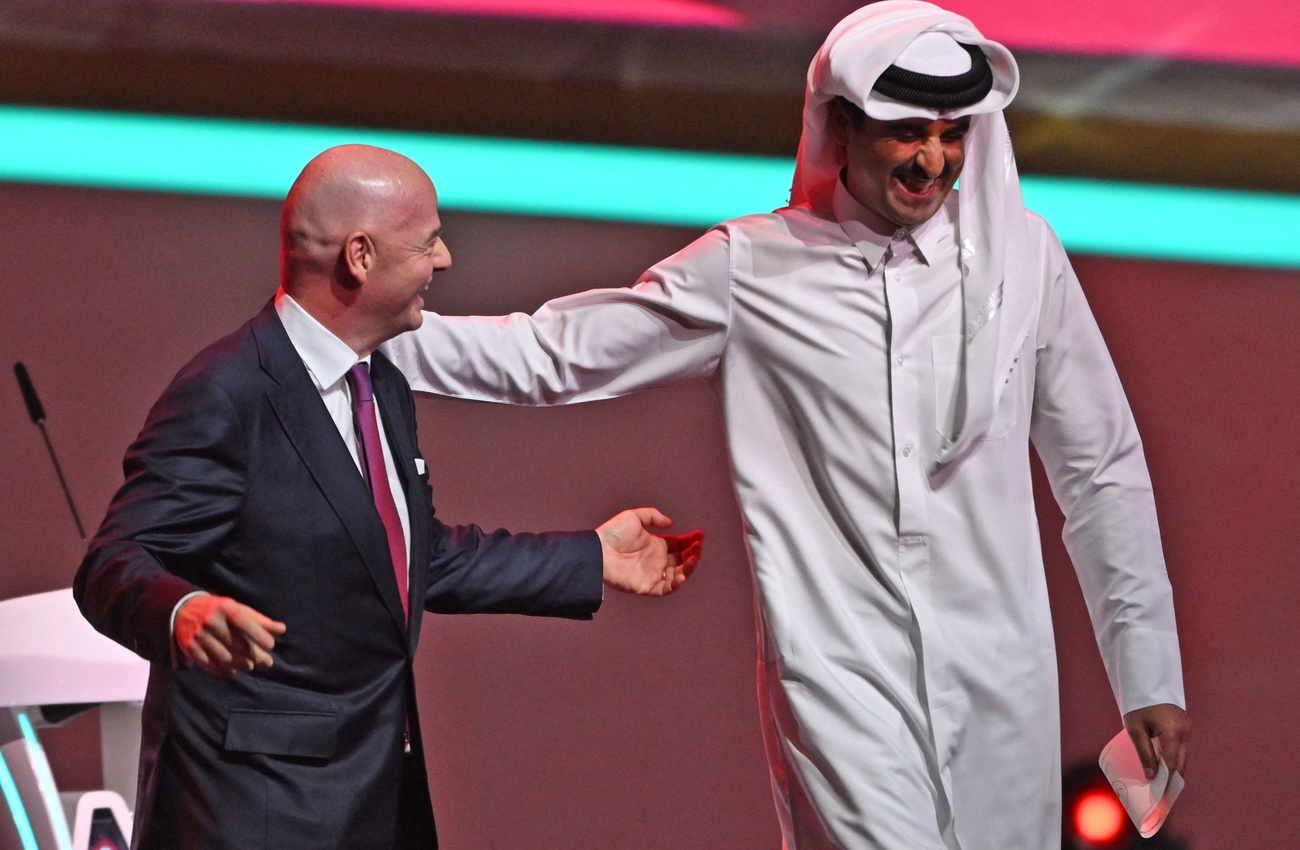
More
‘Project Merciless’: how Qatar spied on the world of football in Switzerland
Is Switzerland helping Qatar to improve its human rights record?
Human rights are among the priorities of Swiss foreign policy for Qatar. Switzerland “regularly addresses human rights issues” during frequent bilateral exchanges, including at a high level, says the foreign ministry. These “open” discussions are possible precisely because of good relations between the two countries, it adds.
Dörig took part recently in a “confidential” dialogue on human rights in sports organised in Doha by the Geneva-based Centre for Sport and Human Rights, which receives annual funding of CHF180,000 from the Swiss foreign ministry.
As for the plight of migrant workers, the ministry says it has been “engaged for more than ten years in improving [their] working and living conditions” in the region. A memorandum of understanding on labour migration signed by Bern and Doha in 2018 and renewed in 2022 is designed, in the words of the ministry, to “inspire the Qatari reform process through concrete Swiss experiences”. Implementation, which is a focus of the MOU, has been problematic for Qatar – workers lodged thousands of complaints about unpaid wages and unsanitary living conditions even after new labour laws came into force.
How is the Swiss population feeling about the World Cup?
Pride in having the national team qualify for the tournament has been mixed with concern for the welfare of migrant workers, who make up 95% of the workforce in Qatar. Many Swiss cities have chosen not to organise fan zones or public viewings, citing Qatar’s rights record for the decision.
An overwhelming majority of people in Switzerland also want Zurich-based FIFA to compensate workers in Qatar for human rights violations. Meanwhile, the Swiss Football Association was among ten national federations in Europe to sign a letter this month asking FIFA for “concrete answers” on the situation of migrant workers in the host country.
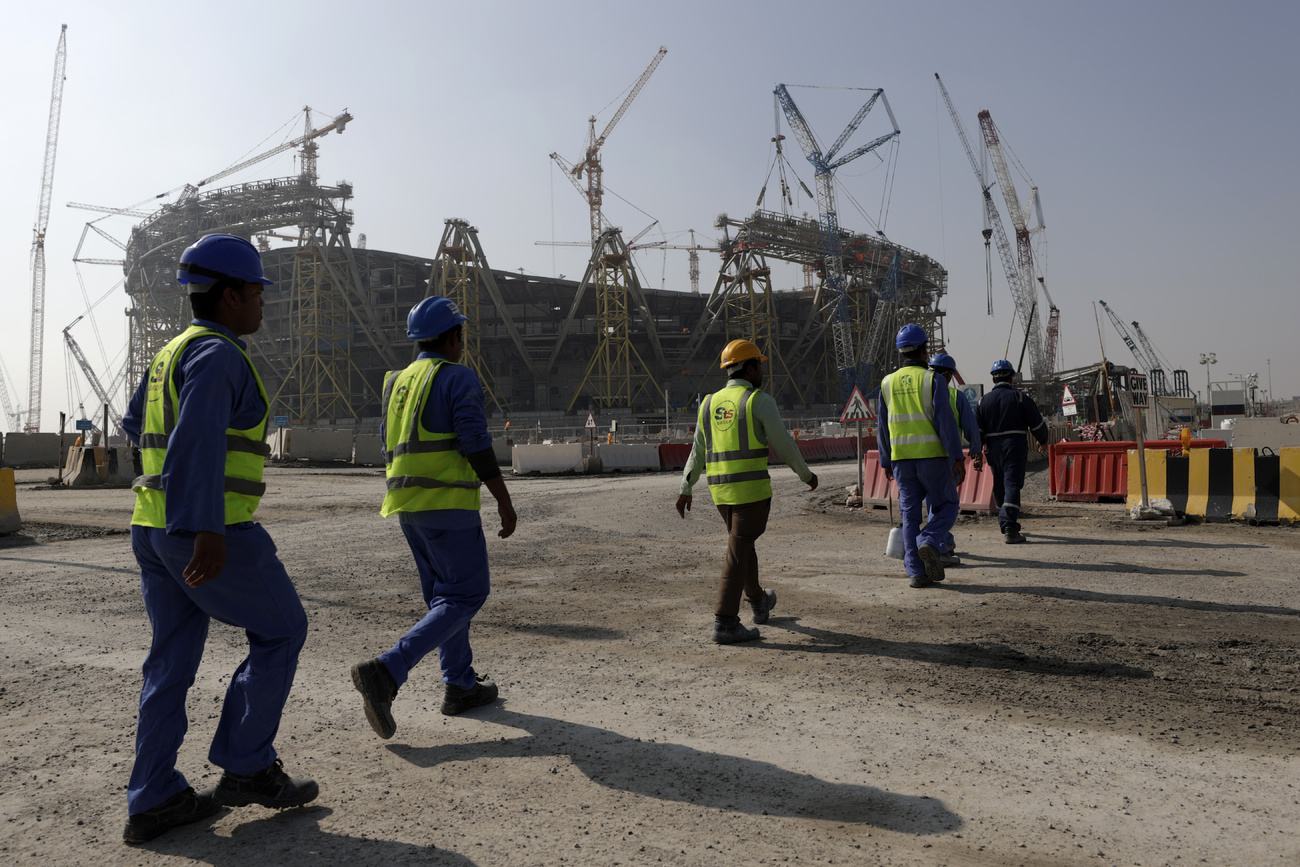
More
FIFA: Swiss want justice for foreign workers in Qatar
Elected representatives in Bern have distanced themselves from the upcoming event. Public radio RTS reports that out of 246 parliamentarians, only five – all from the right-wing Swiss People’s Party – accepted an invitation from the Qatari embassy to attend a World Cup reception in September.

In compliance with the JTI standards
More: SWI swissinfo.ch certified by the Journalism Trust Initiative
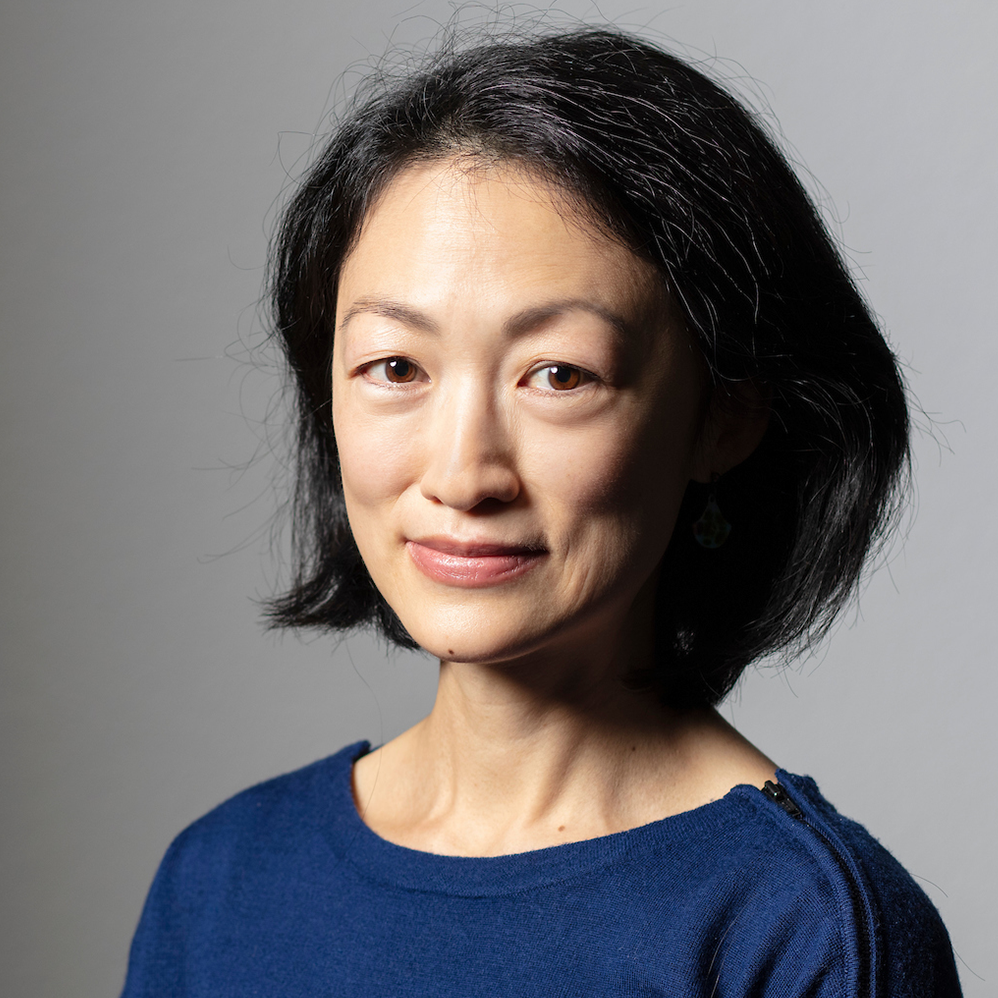
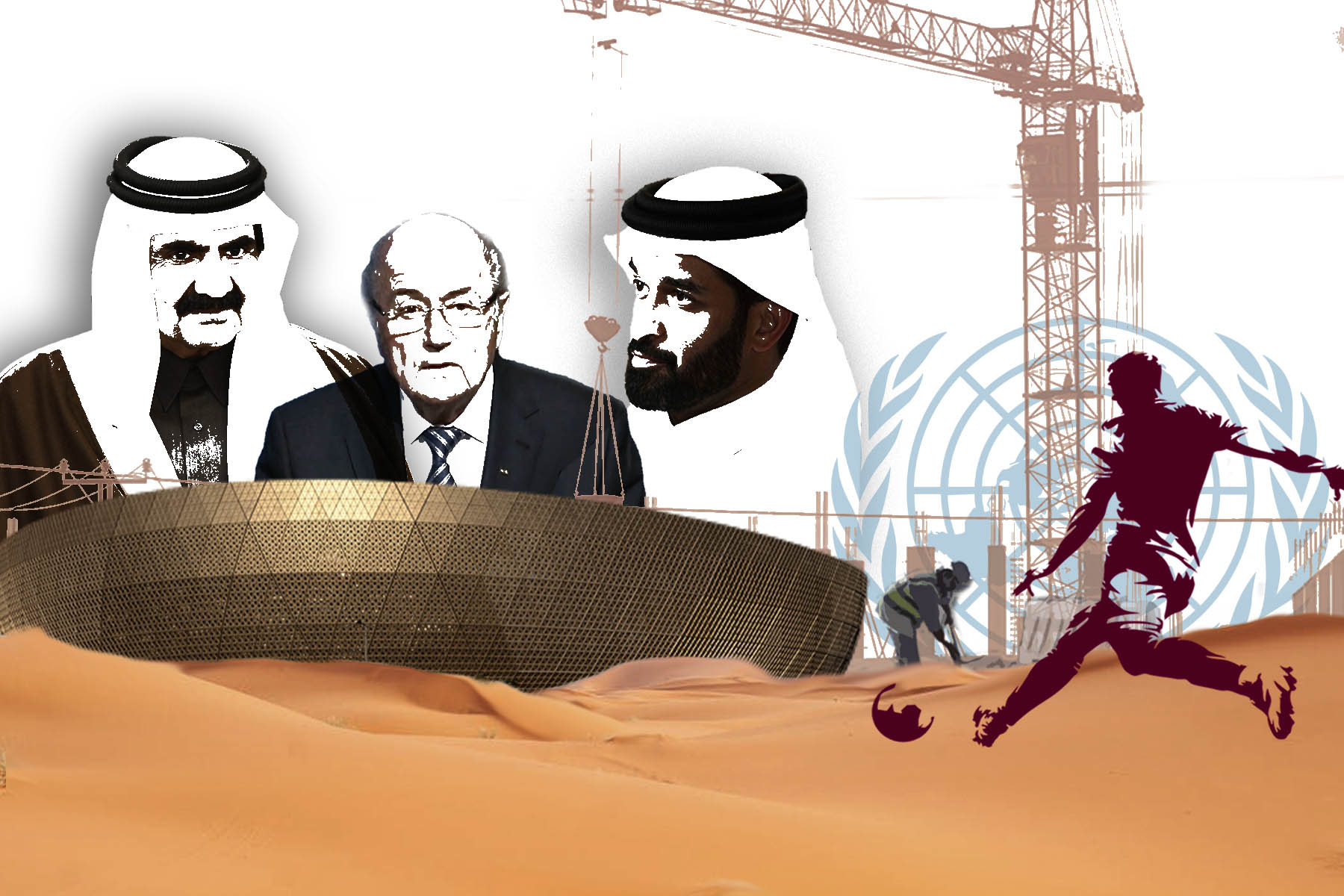
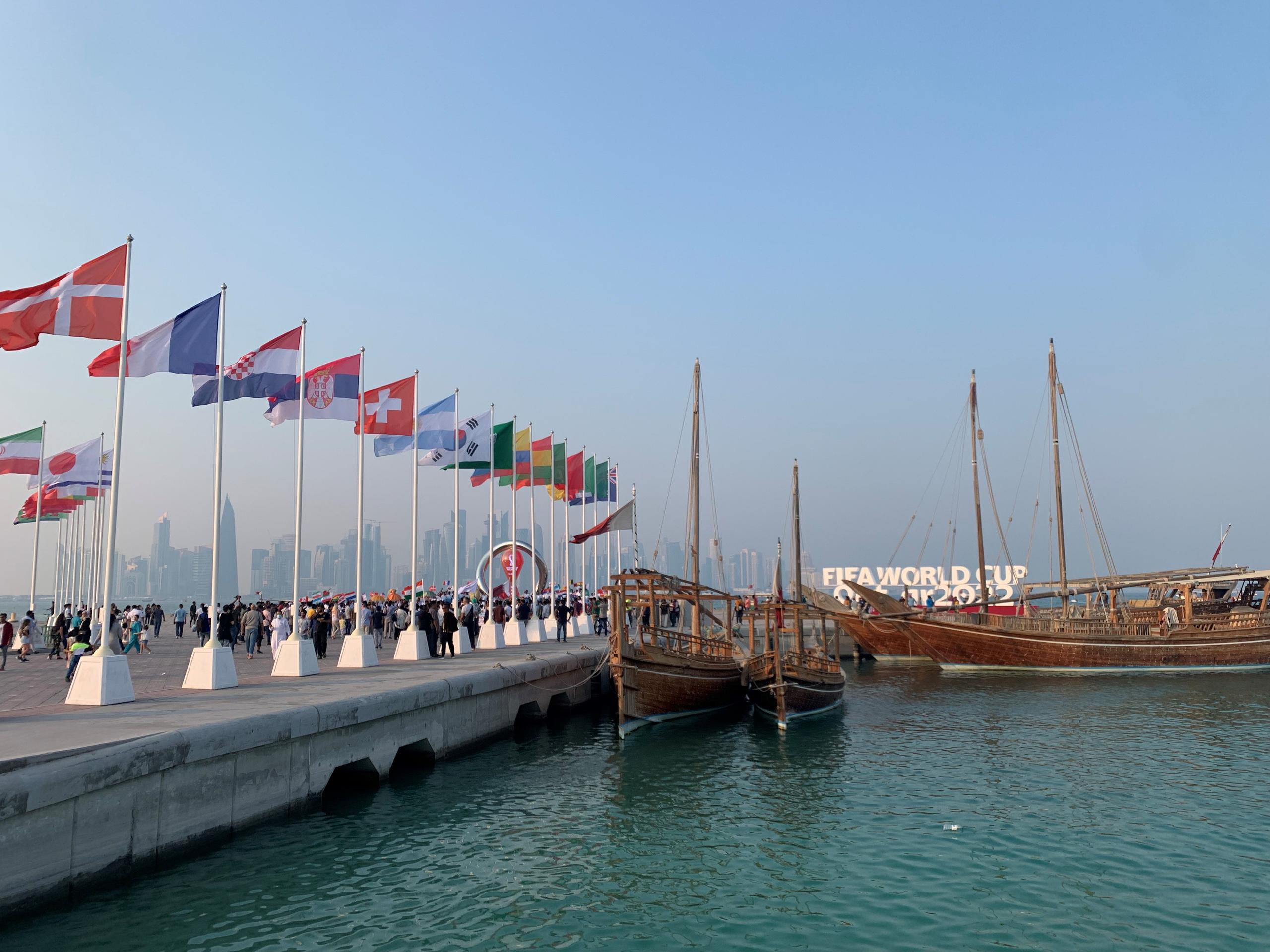
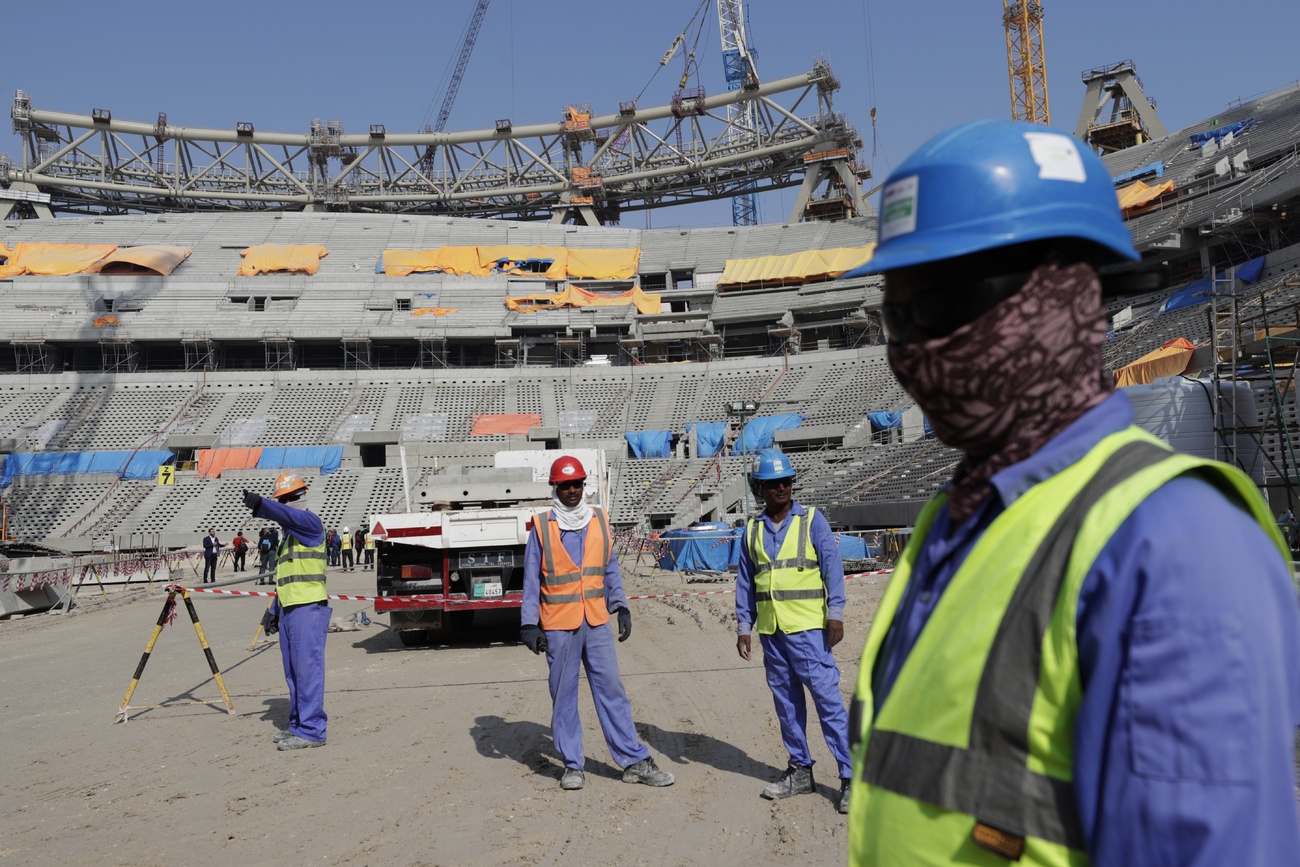
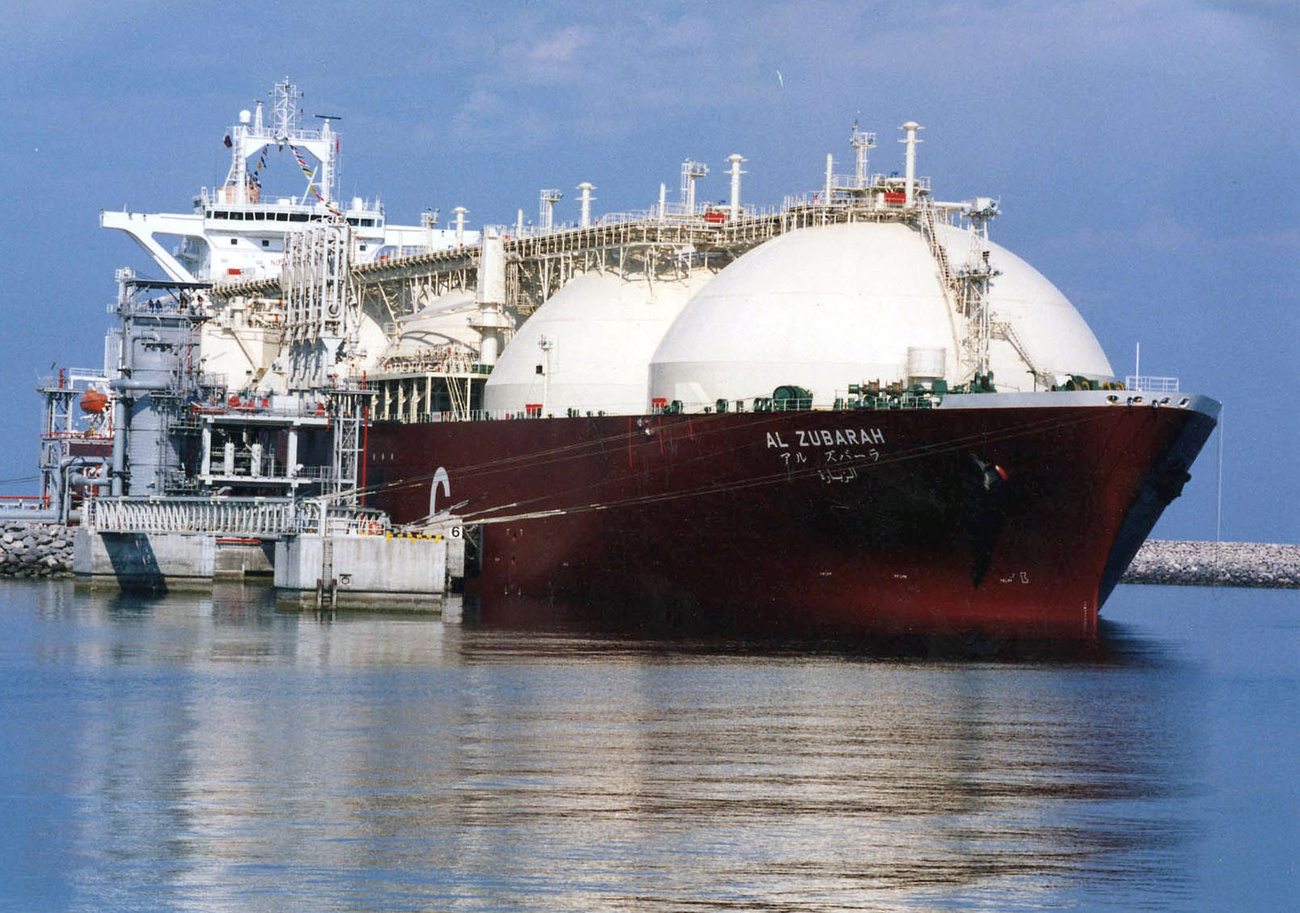
You can find an overview of ongoing debates with our journalists here. Please join us!
If you want to start a conversation about a topic raised in this article or want to report factual errors, email us at english@swissinfo.ch.